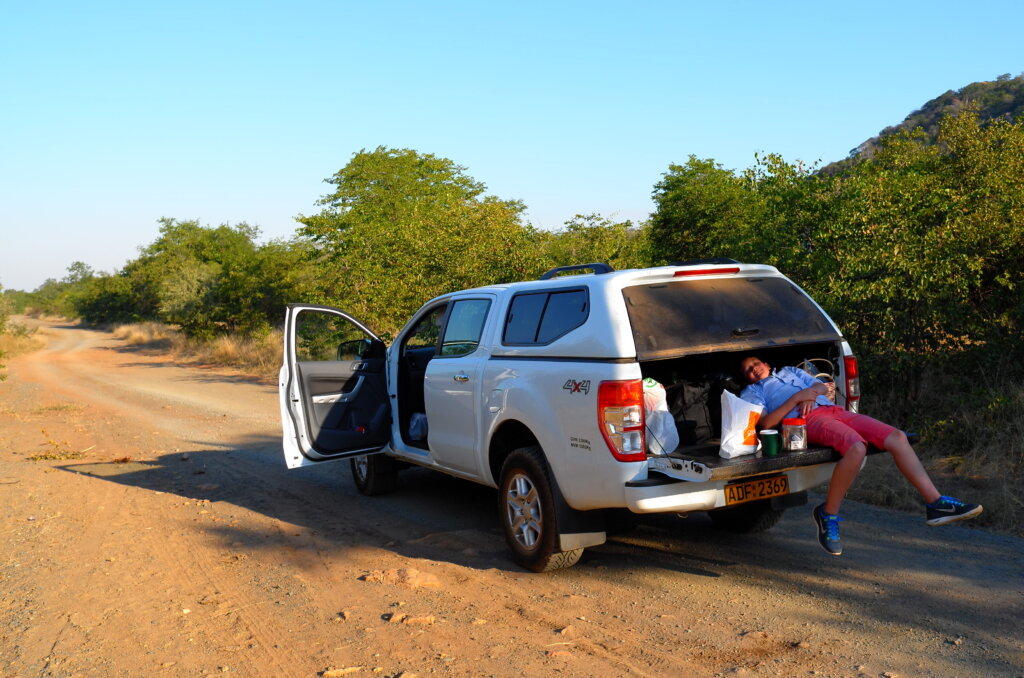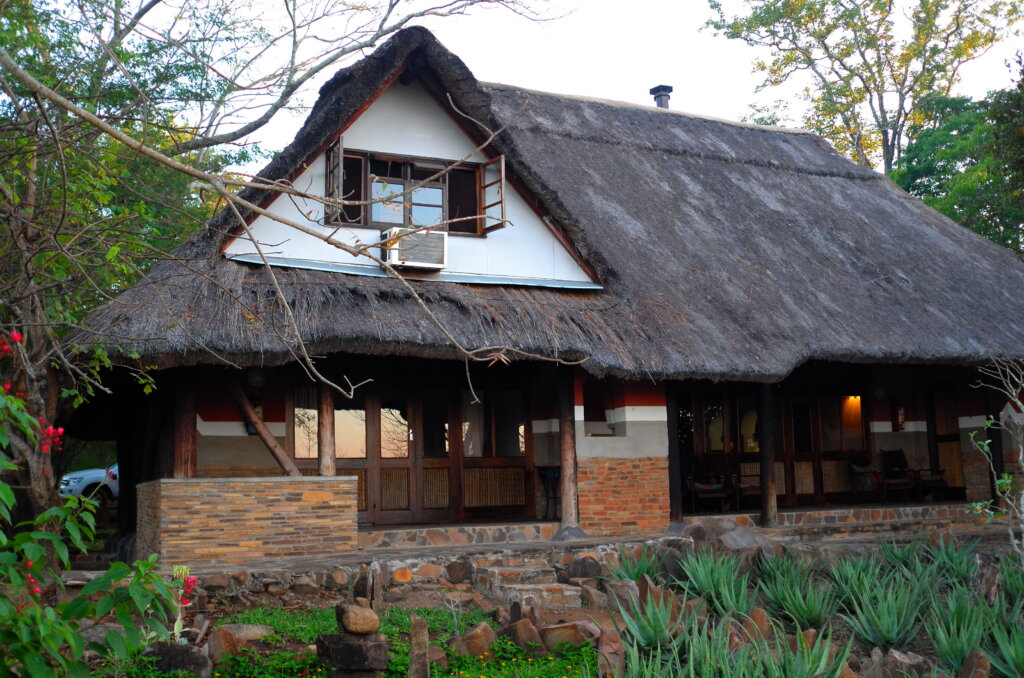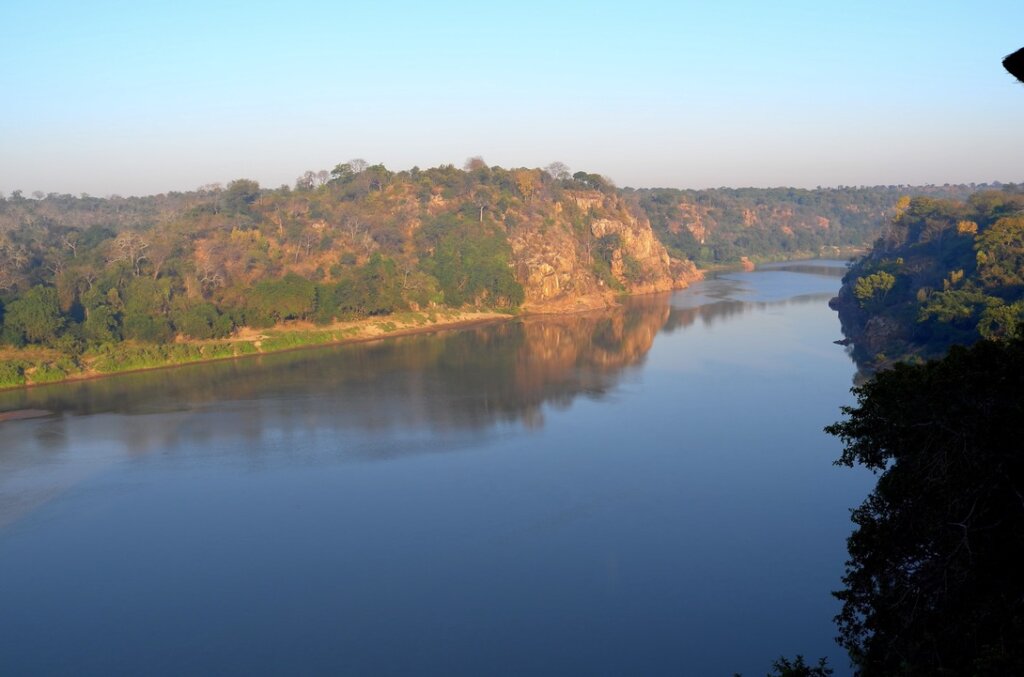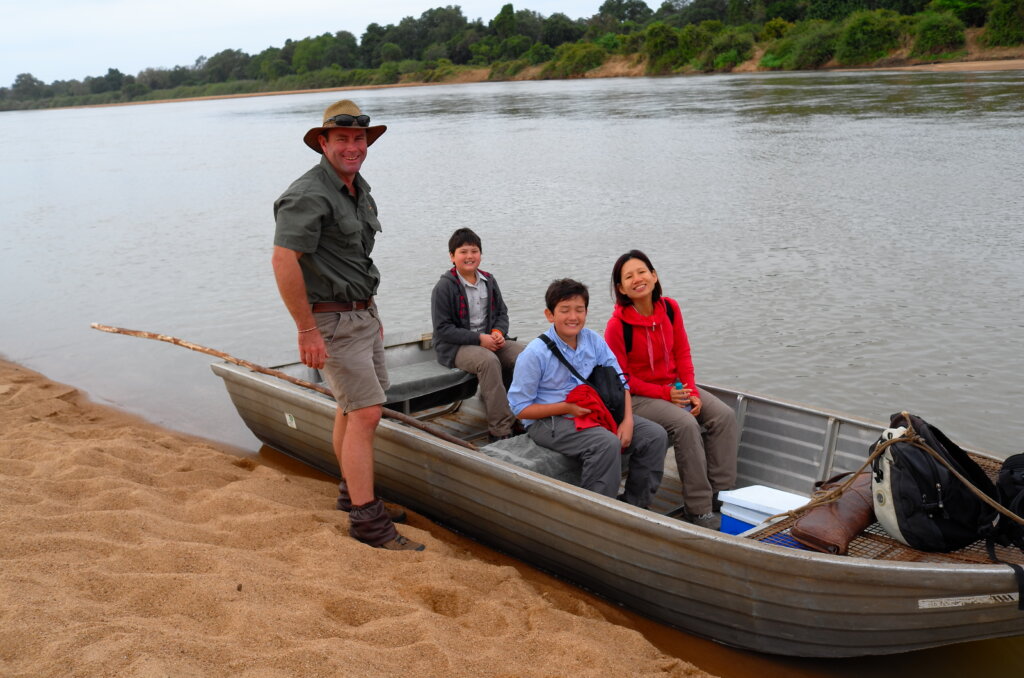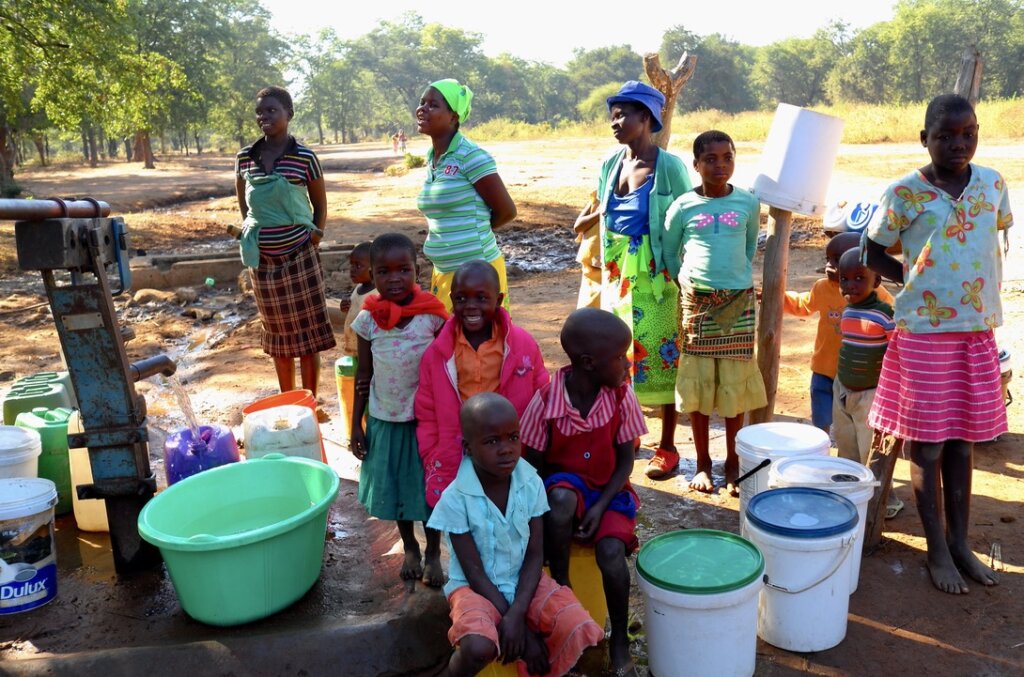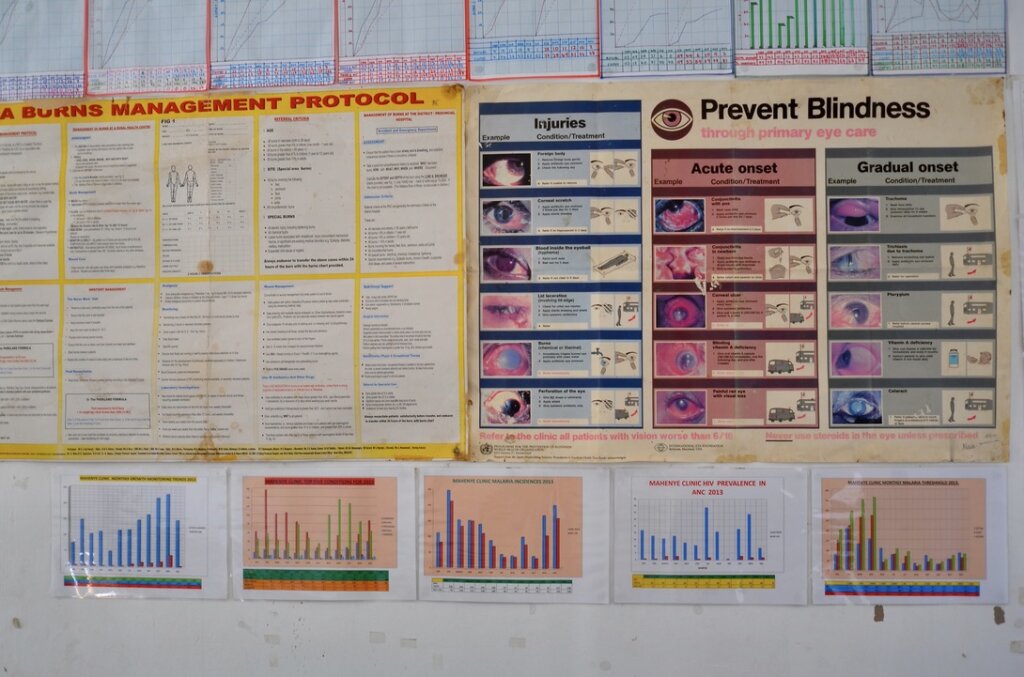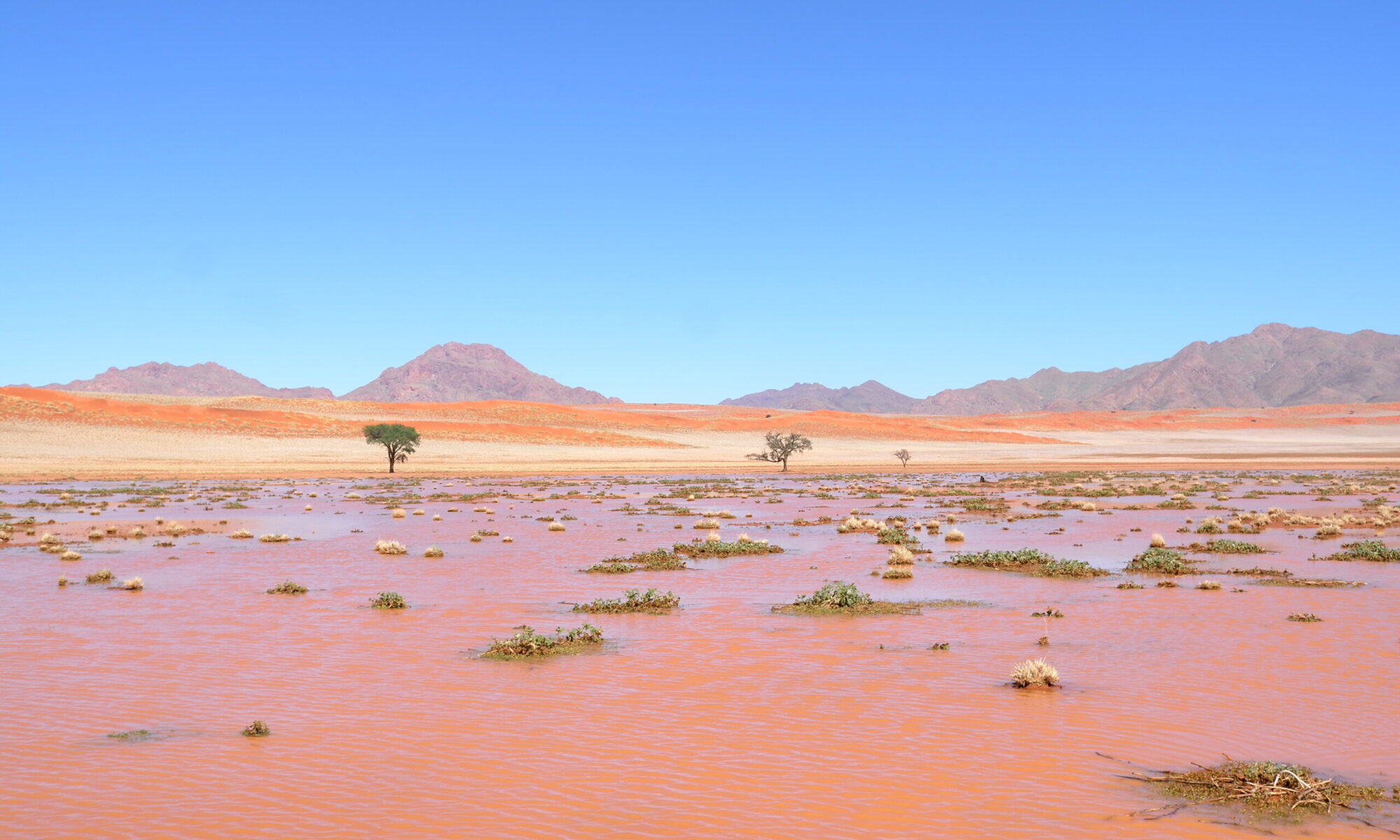Chilo Gorge Lodge, in the lowveld area of Zimbabwe do things differently. It is a place which tries to put the concept of social enterprise in practice. Chilo was founded when conservationist Clive Stockil was brought in to mediate a dispute in the 1970s between the then Rhodesian government and the Shangaan tribe who had just been evicted from their ancestral lands to make way for the newly created Gonarezhou National Park. The Shangaan retaliated by trying to exterminate every animal from the park. Clive, who grew up among the Shangaan and is one of the only white men in the country to speak their language resolved the dispute by setting up a trust which would jointly administer the land with the Shangaan and provide them with a share of the tourism and hunting revenues. In return, the Shangaan agreed to stop poaching in the national park.
Today, Chilo continues to work closely with the Shangaan, helping them develop more revenue-generating projects and improve their standards of living. Conservation outcomes have also improved, though some poaching continues, as we noted during an anti-poaching patrol we joined.
But Mahenye, the Shangaan village, is also a microcosm for the country as a whole. In spite its long collaboration with Chilo, it is still afflicted by many issues which plague the country as a whole. The village has six times more women than men (the menfolk go to South Africa to find work). 40% of the population is estimated to carry the HIV virus. Malaria cases average 130 per month (out of a population of 4500) and the village dispensary had run out of anti-malarial medicine when we visited. The isolated village (90mn drive on a bumpy track to the main road) cannot retain teachers, who all leave after a few months. And few parents send their children to secondary school, preferring to use them to help them at home or in the fields.
